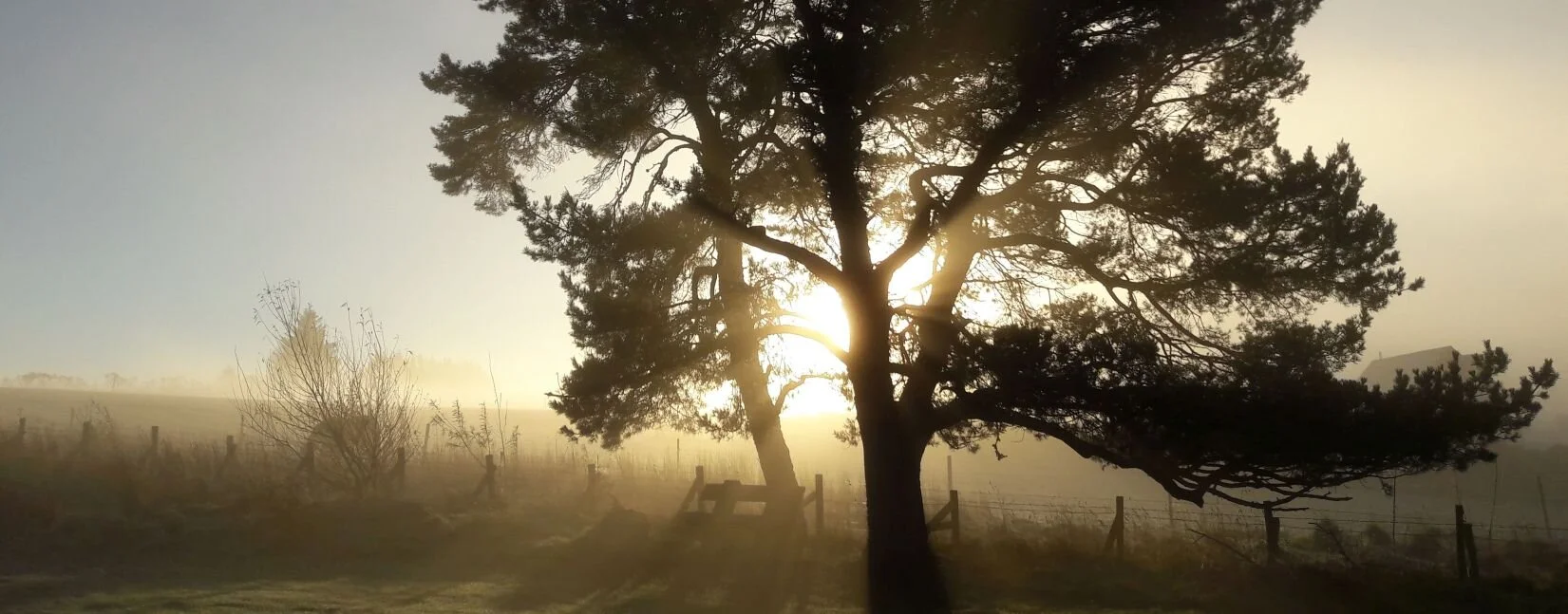The ghost of Sir Walter Scott haunts the pages of Will's adventures.
He is mainly there in place names. There is a river in Aeoland called the Bradwardine, which is also the name of a character in Scott's debut novel, Waverley. Rogan Ascarion, the villainous Redgauntlet, and his fellow fanatics take their name from a similarly fanatical character - and novel - of the same name.
More broadly, Scott is an influence on all fantasy writing because of his enormous influence on the novel as a form.
But Scott also taught me a valuable lesson in epic narrative in the first person. And that lesson was agency. It can become all too easy for a first person narrator to become the victim of the plot, blown and thrown this way and that, always pushed and never pushing. Many of Scott's heroes suffer from this. The narrator is, of course, the reader's eyes and ears, and as the reader can't do much to influence the plot, so, too, the narrator. It would have been easy to make Will a passive participant and let all the other characters make the decisions and drive the story.
For the first-person narrative to be truly effective, the narrator has to make things happen. They have to make decisions that change things. Will is, for the most part, a self-confessed observer, lucky enough to be along for the ride. But from time to time in The Blade Bearer, he steers the plot by means of his actions. This was important to me as the writer, as someone with a lot invested in this character and in his voice.
I'm not sure where this leads. In later posts I'll have more concrete examples to share, but for now I'll just say that there's a very good reason why the narrator, the man who the whole thing is named after, is called 'Will'.
